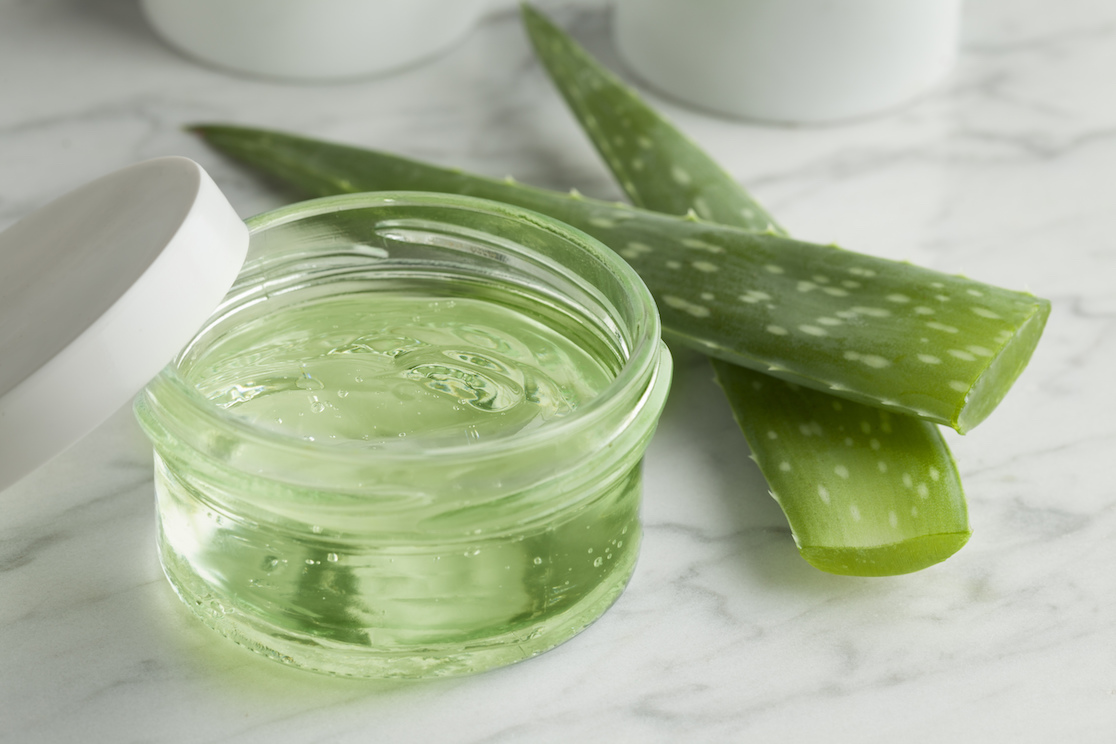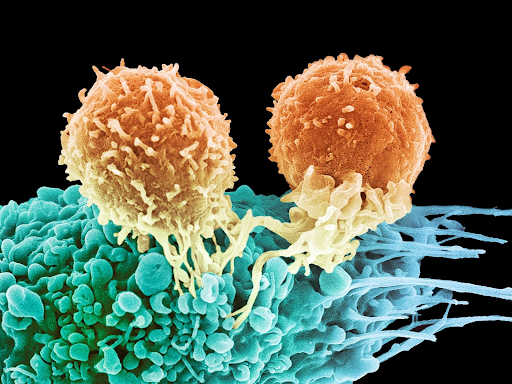
Aloe vera is a popular skincare ingredient that is known for its healing and moisturizing properties. But does aloe vera dry out skin? The answer depends on how it is used. In some cases, aloe vera can be beneficial for dry skin, while in other cases it can be too harsh and cause more harm than good.
What Is Aloe Vera?
Aloe vera is a succulent plant with thick leaves that contain a clear gel-like substance. This gel has been used for centuries to treat various skin conditions, including sunburns, cuts, scrapes, and insect bites. It is also believed to have anti-inflammatory properties that can help reduce redness and irritation.
Benefits of Aloe Vera for Dry Skin
Aloe vera contains many beneficial compounds that can help soothe and moisturize dry skin. It contains vitamins A, C, E, B1, B2, B3 and B6 as well as minerals such as calcium, magnesium and zinc. These nutrients help to nourish the skin and promote healing. Additionally, aloe vera contains polysaccharides which are known to help retain moisture in the skin.
How to Use Aloe Vera for Dry Skin
When using aloe vera for dry skin it’s important to use it correctly in order to get the most benefit from it. Here are some tips:
- Use pure aloe vera gel or juice directly from the plant if possible; avoid products with added ingredients such as fragrances or preservatives which may irritate your skin further.
- Apply a thin layer of aloe vera gel directly onto clean dry skin twice daily; you can also add a few drops of essential oil such as lavender or chamomile for extra soothing benefits.
- Leave the gel on your skin for at least 15 minutes before rinsing off with lukewarm water; this will allow the nutrients in the gel to be absorbed into your skin more effectively.
- Avoid using too much aloe vera as this may cause irritation or drying out of your skin; start with small amounts until you find what works best for you.
Potential Side Effects of Using Aloe Vera on Dry Skin
Although aloe vera is generally considered safe when used topically on the skin there are some potential side effects that should be noted:
- Allergic reactions – people who are allergic to latex may experience an allergic reaction when using aloe vera due to its latex content; if you experience any itching or redness discontinue use immediately and consult a doctor if necessary.
- Overuse – overusing aloe vera can lead to excessive drying out of the skin due to its exfoliating properties; limit use to twice daily and avoid leaving it on overnight unless recommended by a doctor or dermatologist.
Alternatives To Aloevera For Dry Skin
If you find that aloevera isn’t working well for your dry skin then there are plenty of alternatives available:
- Coconut oil – coconut oil is an excellent natural moisturizer that helps keep your skin hydrated without clogging pores; apply directly onto clean dry skin once or twice daily depending on how dry your skin feels after application.
- Shea butter – shea butter is another great natural moisturizer that helps protect against environmental damage while providing deep hydration; apply directly onto clean dry skin once or twice daily depending on how dry your skin feels after application.








